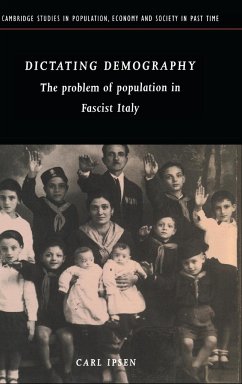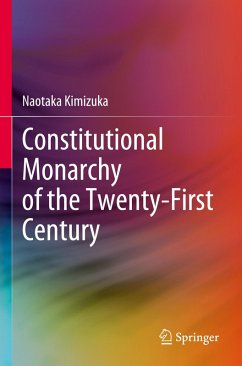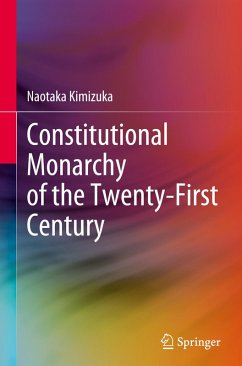
Fertility, Class and Gender in Britain, 1860 1940

PAYBACK Punkte
84 °P sammeln!
Fertility, class and gender in Britain, 1860-1940 offers an original interpretation of the history of falling fertilities. It integrates the approaches of the social sciences and of demographic, gender and labour history with intellectual, social and political history. Dr Szreter excavates the history and exposes the statistical inadequacy of the long-standing orthodoxy of a national, unitary class-differential fertility decline. A new analysis of the famous 1911 fertility census presents evidence for over 200 occupational categories, showing many diverse fertility regimes, differentiated by d...
Fertility, class and gender in Britain, 1860-1940 offers an original interpretation of the history of falling fertilities. It integrates the approaches of the social sciences and of demographic, gender and labour history with intellectual, social and political history. Dr Szreter excavates the history and exposes the statistical inadequacy of the long-standing orthodoxy of a national, unitary class-differential fertility decline. A new analysis of the famous 1911 fertility census presents evidence for over 200 occupational categories, showing many diverse fertility regimes, differentiated by distinctively gendered labour markets and changing family roles. Surprising and important findings emerge: births were spaced from early in marriage; sexual abstinence by married couples was far more significant than previously imagined. A new general approach to the study of fertility change is proposed; also a new conception of the relationship between class, community and fertility change; and a new evaluation of the positive role of feminism. Fertility, class and gender continually raises central issues concerning the relationship between history and social science.














